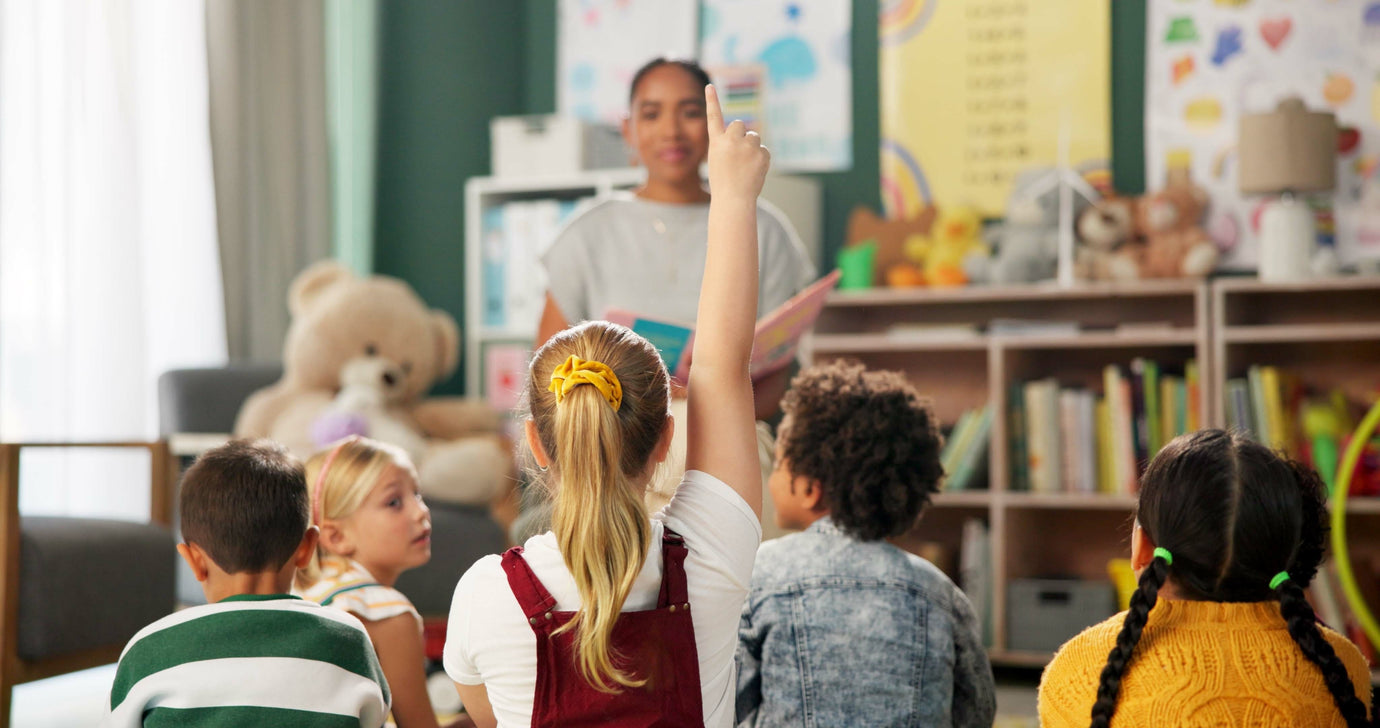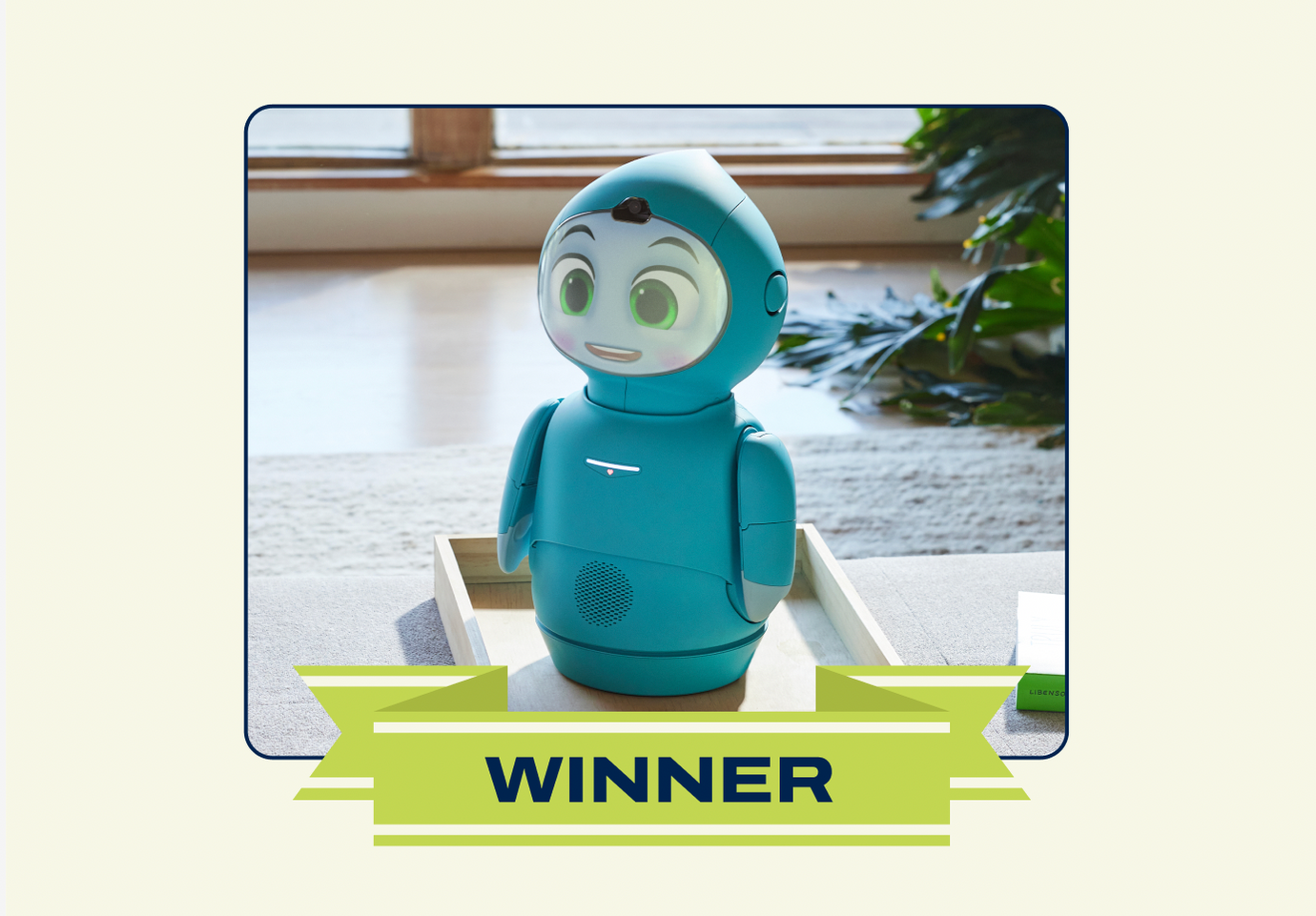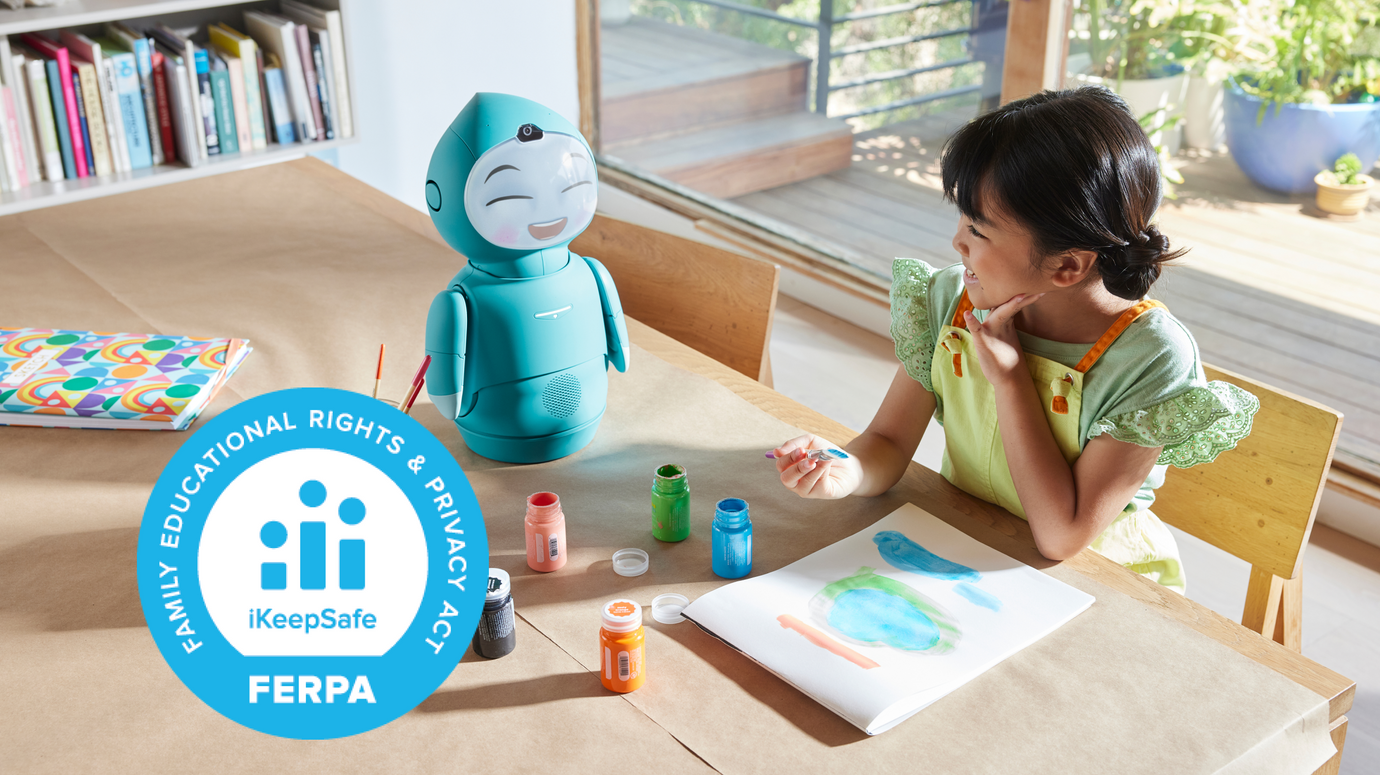6 Best Practices for Raising Persistent Kids

The willingness to keep trying – especially when things aren’t going as smoothly as we’d like them to – is one critical mindset that for many can make the difference between success and failure in all aspects of life. We take a deep breath and talk things out when we fight with a friend or partner. We study a little harder when our test results come back a little lackluster. We keep looking for new and better opportunities when we weren’t chosen in the latest round of promotions at our job.
And this willingness, more often than not, is something most people cultivate in childhood. At least, this is where the foundation of our persistence is created – and a good foundation gives us our best chance at life-long achievement, from childhood and beyond.
But life’s pretty tough, especially when you’re a kid and still learning harsh lessons about the world and your own abilities in the day-to-day. There are myriad obstacles you have to overcome to learn that you can in fact reach your goals with a little time and effort. And this lesson is something which parents, guardians, teachers, and other adult caretakers may carefully pass to the kids in their life to help them build resilience, patience, and the drive to keep going.
Let’s talk about it.
What qualities define persistence?
Persistence is the amalgamation of phenomena such as resilience, curiosity, tenacity, the sense of possibility, and drive to continue which encourages us to learn from our mistakes and keep trying even, perhaps especially, in the face of hardship or failure.
Having persistence is what allows us to learn new things that may not come as easily as we’d like them to. It can also drive us towards discovery, experimentation, and exploration of new things, and builds a basis for vital life skills like problem-solving and study.
Persistence as a character trait can get your child far in life, but it is also important that they learn when to let something go. For example, persistence is wonderful when you’re learning a new skill, but less so when a friend has set a boundary we’re less than happy with.
In the process of cultivating persistence for your kid, help them to understand when a stick-to-it approach is appropriate, and when it would be better for them to refocus their energy on other goals.
6 best practices for raising persistent kids
Here are a few simple, every-day tactics you can use to help build persistence in your child.
Model perseverance
Understanding that even adults need persistence will help your child to feel less daunted by hardship when it arises in their life.
As best you can, try to be transparent about the difficulties you face, and how you overcome them with patience and a little effort. If your child is feeling frustrated by a present challenge, tell them about a time you had to work your way through a similar obstacle to help them understand that it can be done.
Build trust
To foster resilience, kids need to believe us when we say something hard can be overcome, and how. This means building a relationship that inspires trust and confidence between you and the child you’re raising.
One important piece of building this trust is to be honest when you don’t know how to help a child navigate a particular difficulty, but to offer your hand as you figure it out together.
Empower independent problem solving
Community support is something without which none of us would be here today. Nevertheless, it’s important that your child understands that they can be capable on their own without the constant help of another person.
When your kid is struggling with something (something that they can reasonably figure out on their own) resist the temptation to fix the problem for them. Instead, encourage them to think about how they might work their way through this new obstacle.
Ask them leading questions which help them to see the pathway through the woods. “How do you think you can fix x?” “Have you tried looking at x from this direction?” “Do you remember how you got up into the tree?” Etc.
Encourage failure
Failure can be discouraging, but it is an inevitability of life and something for which your child should be praised. Making a mistake is a more valuable teacher than getting it right the first time, and it’s important that your child sees this.
When something doesn’t work out, congratulate your child for the effort they put into the activity they failed at. Next, ask them to brainstorm what they think they can do differently in the future to generate better results. If they’re able to, have them write down their ideas in a journal.
Foster a growth mindset
Your child may fail again and again and again at a given task. And this is okay. As adults, we know that failing over and over is just a part of life, but if we work at it, all of those failures can ultimately lead to an overwhelming victory.
A growth mindset is what allows us to take failure in stride, learn from our mistakes, and keep moving towards our goals. Your child should understand that with each new attempt the thing we’re trying to learn will get a little easier. Like learning to ride a bike, we’ll probably fall down more than a few times, but all of that falling will lead towards confident and capable cycling in the future.
Support an emotional process
It is okay to feel angry, frustrated, sad, or overwhelmed when we’re trying something new and difficult. These are normal feelings, and it’s important that your child be allowed to feel them. It’s also important for kids to learn how to move through their difficult emotions so they can get back up and try again. If we get stuck in our feelings of frustration, we may never move past the “I can’t do it” sentiments that may arise. But if we learn how to breathe, calm our nervous systems, and let that go, we can have our feelings and keep trying, anyway.
Learn more: how to help your child handle difficult emotions.
Leverage supportive tools
The ability to keep calm and keep moving forward is an important foundation to have which can build better persistence in kids. And this skill isn’t something you need to teach completely on your own. Educational tools like the robot friend Moxie are here to help build emotional awareness and social development in young kids.
Moxie is a trusted friend of many young learners, helping them to better understand their own feelings, and keep moving forward when things feel tough. Take the quiz today to see if Moxie is right for your child.







